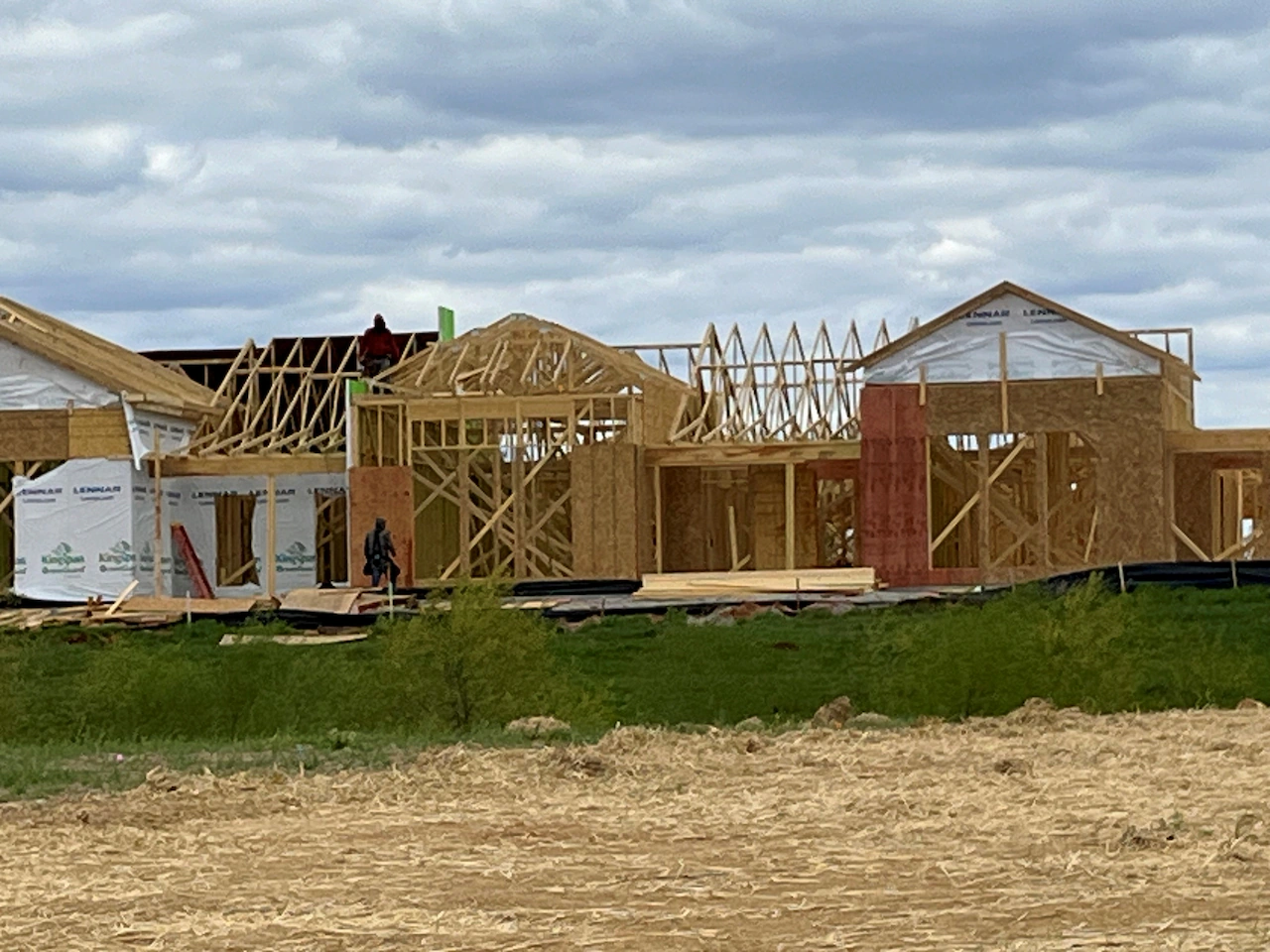Copyright AL.com

The federal government shutdown could slow down a Huntsville housing market that seemed to be picking up steam just a month ago. According to ValleyMLS data put out by the Huntsville Area Association of Realtors, home sales surged above 2024 levels last month in Madison, Limestone, Marshall, Morgan and Lawrence counties. But the shutdown began on Oct. 1 and could present obstacles for area residents looking to purchase a home. The impact is not limited to employees of the federal government, who make up a significant portion of residents in the Tennessee Valley and are not receiving paychecks. According to the National Association of Realtors, the U.S. Department of Agriculture halts the issuance of new direct and guaranteed home loans, and any scheduled direct‑loan closings are postponed. READ MORE: How is Huntsville airport handling the government shutdown? The Department of Veterans Affairs will continue to guarantee home loans during a government shutdown, and lenders may keep processing applications but NAR said some VA staff and support functions may be reduced, which may slow down approvals, appraisals and certificate of eligibility requests. The shutdown also results in a lapse of authorization for the National Flood Insurance Program (NFIP). During a lapse, most lending regulators suspend the flood insurance requirement, allowing sales to proceed without coverage. However, this can create complications if a flood occurs and it’s unclear whether the home will be covered retroactively once NFIP is reauthorized, the NAR said in a statement on the Huntsville Area Real Estate Association website. “I expect the government shutdown will have a measurable impact on the housing market, particularly in Alabama,” said Bennie Waller, William Cary Hulsey Fellow at the University of Alabama’s Culverhouse College of Business. “Such impacts will be felt through loan and mortgage processing delays, delays with flood insurance programs, issues and delays with permitting and probably most importantly, the impact of consumer confidence. The longer the shutdown continues, the more likely it is that consumer confidence will decline.” Some areas will be more susceptible to various impacts of the shutdown, he told AL.com. “For example, coastal areas may be impacted by flood insurance programs (National Flood Insurance Program suspensions, rural areas that rely heavily on USDA loans and areas that rely heavily on federal employment, such as Huntsville,” Waller said. “While Alabama’s housing market remains mostly healthy, a prolonged federal shutdown introduces uncertainty. If the shutdown extends beyond a few weeks, we could see measurable slowdowns in loan processing and home closings, particularly in rural and coastal regions.” “The shutdown happened just before the release of the September jobs report, which is notable because that data is a key indicator for the Federal Reserve when determining whether to adjust interest rates,” added Jared Shephard of The Pugh Group at REMAX Alliance. “If the report had shown another slowdown in job growth, as many analysts expected, it could have strengthened the case for another Fed rate cut. A rate cut would likely lead to lower mortgage rates, potentially giving the housing market a boost by easing costs for buyers.” But Shepard said the delay in major economic data, such as the jobs report, leaves the Fed without critical information. “Without those insights, policymakers are less likely to move forward with rate adjustments,” he said. “As a result, mortgage rates remain relatively steady, even though underlying economic conditions may suggest room for a reduction.” Shepard said uncertainty impacts buyer behavior and gives many would-be buyers continued pause to hold out and see what market rates will do before purchasing. “That hesitation contributes to slower home sales and longer days on market across many regions,” he said. But a couple of other area realtors said this buyer hesitation does not seem to be happening just yet. “We’ve actually seen a slight uptick in October since the federal government shutdown began,” Matt Curtis said. “Buyers are taking advantage of lower interest rates — roughly a 1% drop in rates increases affordability by about 10%. We’re also seeing some federal employees using the downtime to tackle things they’ve been putting off, like buying or selling a home. So far, we haven’t seen any cancellations, as most expect to receive back pay.” “I think people are starting to spend more time at home and realize that they are unhappy with how it fits their needs much like the shutdown during COVID did and they are starting to entertain the idea of moving,” added Ben Wales of Gateway Alabama Realty Group. “You can qualify for the loan on furlough and get a new home under contract, but you just have to wait until you are back to work to be able to close.” Shepard said the shutdown does have a positive side. He said it buyers who work for the government have more free time “so we are seeing more showings.” “Everyone knows the shutdown will not last forever and some are taking this time to do their research in the housing market and using their time to see about buying a different home,” he said. September sales numbers Home sale data from October will not be available until mid-November. According to ValleyMLS data, 671 homes were sold in the Huntsville market that includes all of Madison County in September. That is up from 623 a year ago. There were 971 sales pending. In Athens and Limestone County, realtors and real estate agents sold 217 homes last month, up from 190 in 2024. There were 211 sales pending. In the Decatur market (which includes Morgan and Lawrence counties), 144 homes sold, up from 119 in September 2024. There were 211 sales pending. In Marshall County, 101 homes sold, up from 77 in September 2024. There were 107 sales pending. “Buyer momentum is building again,” Curtis said. “Closed sales are up nearly 10% year-over-year across the ValleyMLS area, and pending sales jumped 25%. As rates ease, we expect even stronger activity heading into the final quarter of 2025.” “September’s numbers reflect a housing market that’s neither overheated nor collapsing, but still balancing,” Shepard added. “Sellers still hold meaningful equity, buyers are returning to the market with patient determination, and both are adjusting to what a ‘normal’ market looks like again in Madison County.”



